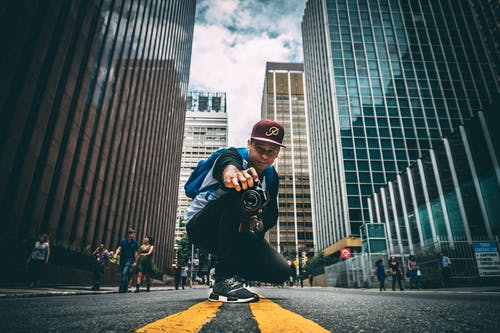First and foremost, censoring press photos undermines the public’s right to know. In a democratic society, citizens rely on a free and independent press to provide them with accurate and unbiased information about current events. By censoring press photos, authorities or media outlets are essentially controlling the narrative and withholding crucial information from the public. This deprives citizens of the opportunity to form their own opinions and make informed decisions about important issues affecting their lives.
Furthermore, censoring press photos erodes trust in the media and the government. In order for a democracy to function effectively, there must be transparency and accountability on the part of those in power. When the media is censored, it creates a perception that the government or other powerful entities have something to hide. This can lead to widespread skepticism and cynicism among the public, eroding trust in democratic institutions and the legitimacy of the government.
Censoring press photos also has a chilling effect on freedom of expression and the press. In a society where journalists fear repercussions for publishing certain images, they may self-censor or avoid covering sensitive topics altogether. This undermines the media’s role as a check on power and can lead to a culture of censorship and self-censorship. In the long run, this stifles debate and dissent, ultimately weakening democracy and inhibiting social progress.
Moreover, censoring press photos can have serious implications for human rights and justice. In many cases, press photos serve as vital evidence of human rights abuses, corruption, and other crimes. By censoring these images, perpetrators may escape accountability, and victims may be denied justice. This not only perpetuates impunity but also emboldens those who seek to commit human rights abuses with impunity.
Additionally, censoring press photos can perpetuate stereotypes and biases, particularly when it comes to marginalized communities. In many cases, press photos can challenge dominant narratives and shed light on issues that are often ignored or misrepresented by the mainstream media. By censoring these images, media outlets perpetuate harmful stereotypes and reinforce existing power structures, further marginalizing already vulnerable communities.
Furthermore, censoring press photos can have serious implications for public health and safety. In times of crisis or disaster, press photos play a crucial role in informing the public and mobilizing resources to respond effectively. By censoring these images, authorities may downplay the severity of the situation or prevent the public from taking necessary precautions. This can lead to unnecessary loss of life and exacerbate the impact of the crisis.
In conclusion, censoring press photos is fundamentally wrong because it undermines democracy, erodes trust in the media and the government, stifles freedom of expression, impedes justice, perpetuates stereotypes and biases, and jeopardizes public health and safety. In order to uphold democratic values and ensure a free and informed society, it is imperative that press photos remain uncensored and that journalists are able to report on important issues without fear of reprisal or censorship.



